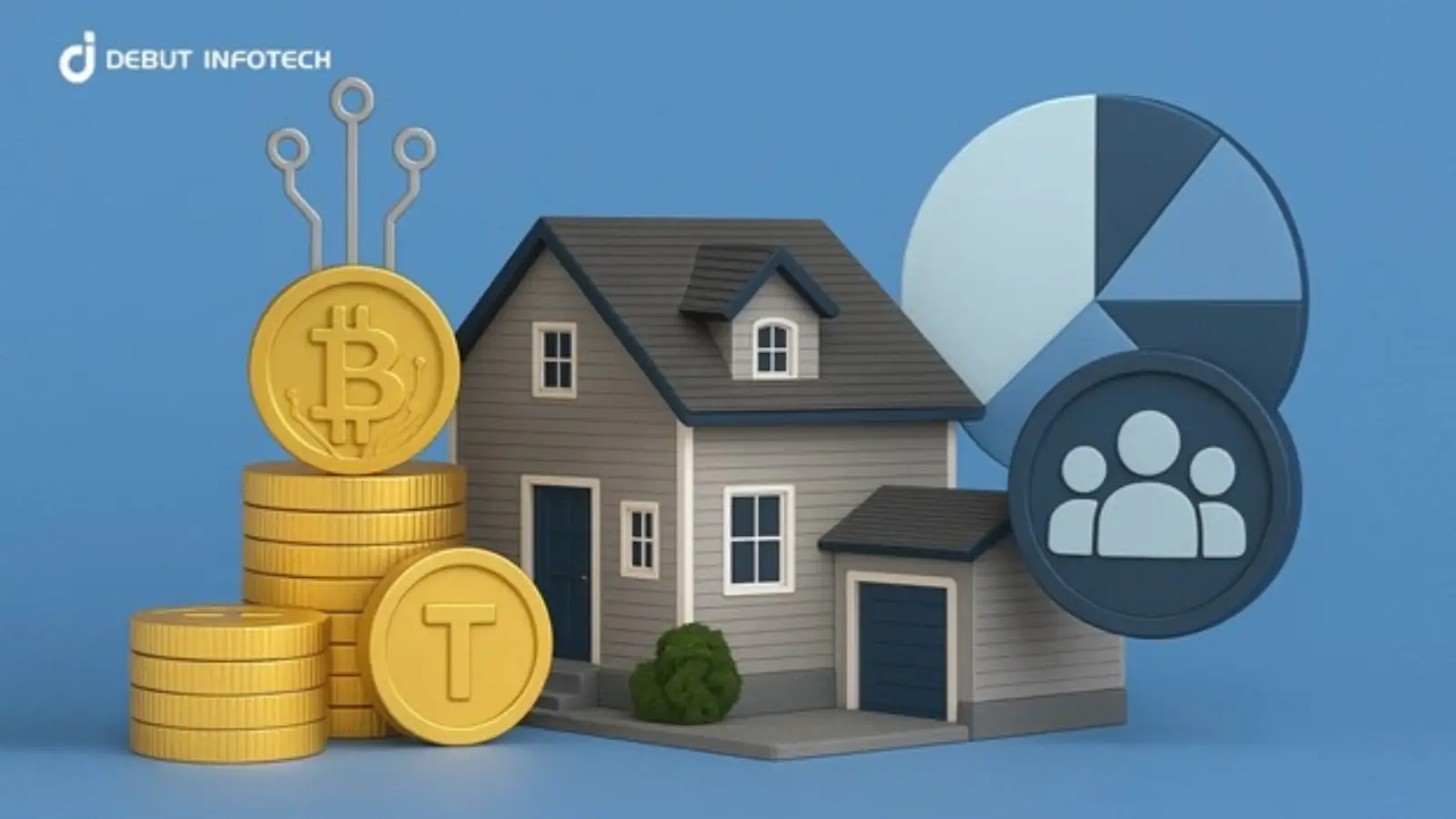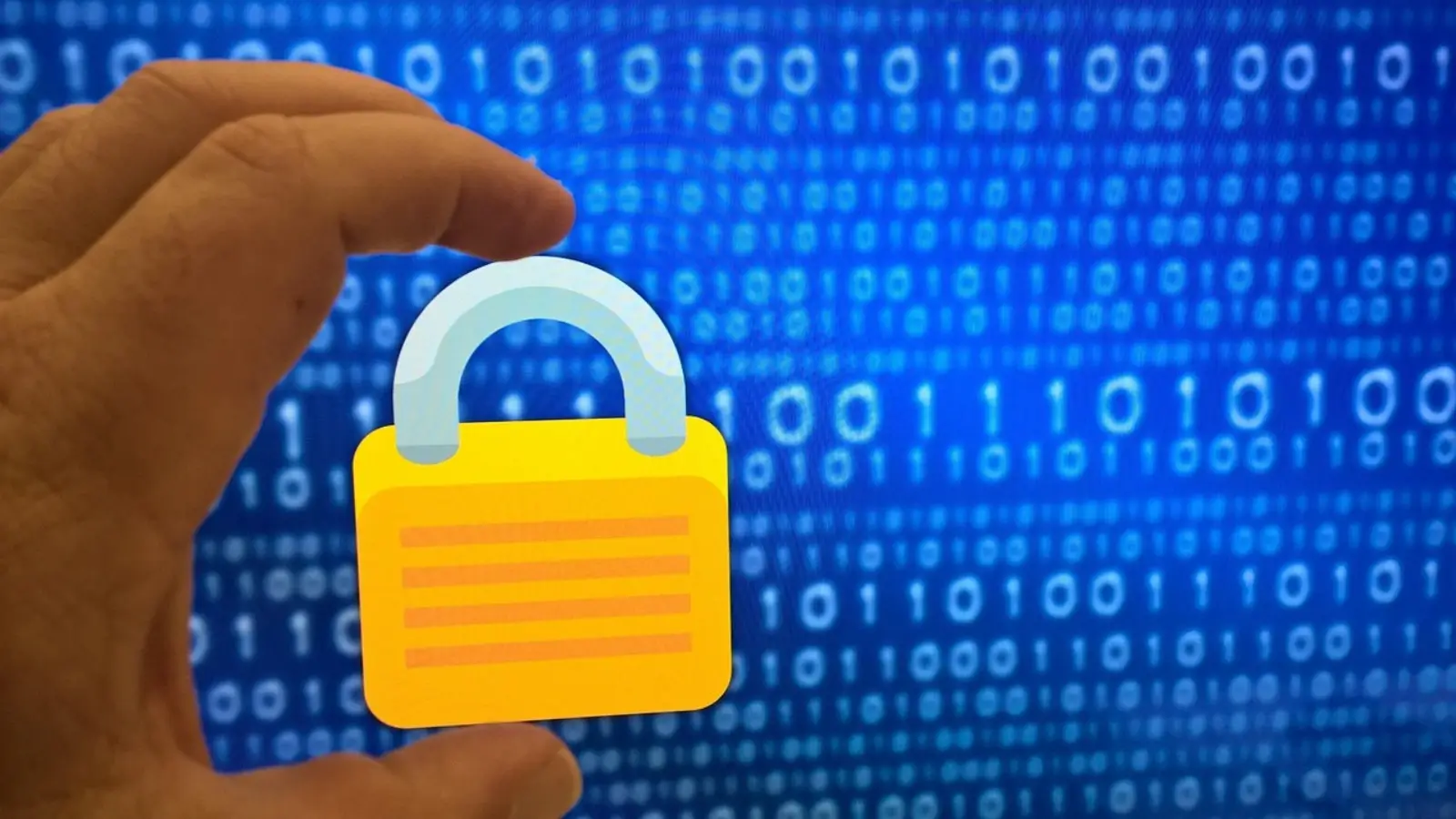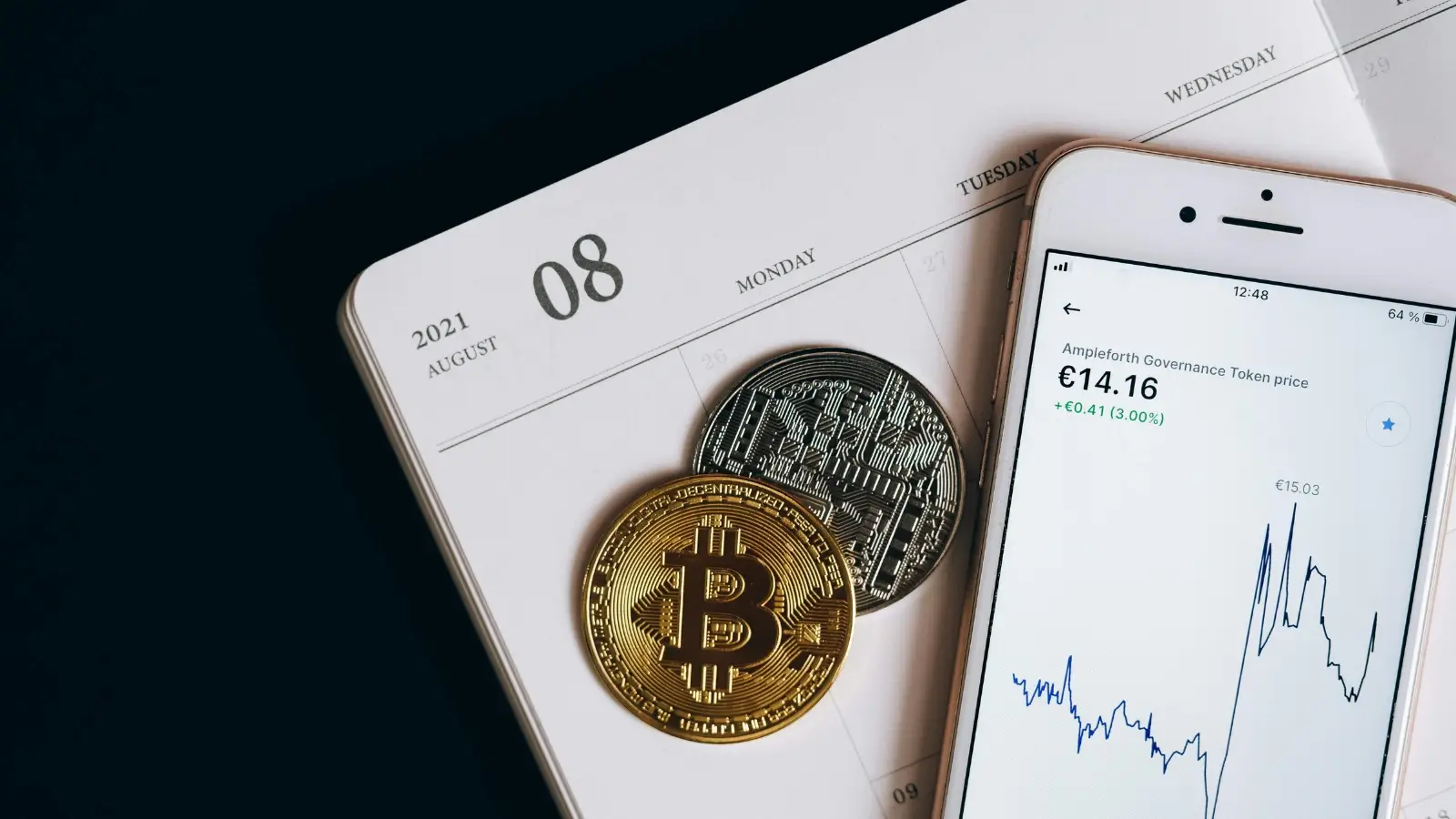The healthcare industry has long faced challenges related to the management, security, and accessibility of patient records. Traditional systems often suffer from fragmentation, inefficiency, and vulnerability to breaches. As digital transformation accelerates, blockchain and cryptocurrency technologies are emerging as promising solutions to revolutionize how healthcare data is stored, shared, and secured. Experts foresee that by 2025, the integration of crypto-based solutions into healthcare records will dramatically enhance patient care, data privacy, and interoperability across providers. This article explores the evolving role of cryptocurrency and blockchain technology in the healthcare record space, highlighting innovations, benefits, and challenges. New learners can use Zypta Flow to study how alerts work when the market is starting to change.
The Problem with Traditional Healthcare Records
Healthcare records are often scattered across multiple providers, hospitals, insurance companies, and specialists. This fragmentation makes it difficult to maintain a comprehensive and accurate view of a patient’s medical history. The current systems rely heavily on centralized databases, which are susceptible to hacking, unauthorized access, and accidental data loss.
Patients frequently encounter difficulties when transferring records between providers, leading to delays in diagnosis or treatment. Additionally, there is a growing concern over patient data privacy as breaches expose sensitive medical information, undermining trust in healthcare systems.
How Blockchain Enhances Data Security and Integrity
Blockchain technology provides a decentralized, tamper-proof ledger that can securely record transactions and data exchanges. In the healthcare record space, this means patient data can be stored in a way that prevents unauthorized modifications while allowing verified parties to access and share information efficiently.
Unlike traditional databases, blockchain’s distributed nature ensures that no single entity has control over the entire dataset. This decentralization reduces the risk of hacking and data manipulation. Cryptographic techniques inherent in blockchain ensure that data is encrypted and access is granted only to authorized users through private keys and permissions.
By implementing blockchain, healthcare providers can create an immutable audit trail, tracking who accessed or modified patient records. This transparency strengthens accountability and builds patient trust.
Empowering Patients Through Data Ownership
One of the transformative aspects of integrating crypto technology in healthcare records is shifting control back to patients. Blockchain can enable patients to own and manage their medical data, deciding who can view or use their information.
Through digital wallets and secure identity verification, patients can grant or revoke access to healthcare providers, insurers, or researchers in real time. This empowerment enhances privacy and enables patients to participate actively in their care decisions.
Moreover, tokenization mechanisms can incentivize patients to share their anonymized health data for research purposes, rewarding them with digital tokens while maintaining confidentiality.
Facilitating Interoperability and Data Exchange
A major barrier in healthcare is the lack of interoperability between systems. Blockchain can act as a universal platform where disparate healthcare entities connect and exchange data seamlessly.
Smart contracts, self-executing protocols on the blockchain, can automate data sharing based on predefined rules and patient consent. This reduces administrative burdens and speeds up processes such as insurance claims, referrals, and lab result dissemination.
Interoperability supported by blockchain ensures that patient data is consistent and up to date across all points of care, improving diagnosis accuracy and treatment coordination.
Use Cases and Real-World Implementations
Several projects and startups have begun exploring blockchain-based healthcare record solutions. For example, some platforms use blockchain to store encrypted patient histories that can be accessed securely by authorized clinicians worldwide.
In clinical trials, blockchain helps maintain the integrity of data by timestamping trial results and ensuring compliance with regulatory standards. This reduces fraud and improves transparency in drug development.
Health information exchanges powered by blockchain also facilitate faster and safer transfers of patient records between hospitals, especially in emergency situations where timely access can be life-saving.
Addressing Privacy and Regulatory Challenges
Despite its potential, integrating cryptocurrency and blockchain into healthcare records raises important privacy and regulatory questions. Healthcare data is subject to strict regulations such as HIPAA in the United States and GDPR in Europe, which dictate how personal information should be handled.
Blockchain’s immutability poses challenges when patients request data deletion or correction, rights guaranteed under many privacy laws. To address this, developers are exploring hybrid solutions that combine on-chain pointers with off-chain storage, allowing data modification while maintaining blockchain’s security benefits.
Ensuring compliance with evolving healthcare regulations will require ongoing collaboration between technologists, legal experts, and healthcare providers.
The Role of Cryptocurrency in Healthcare Ecosystems
While blockchain underpins secure data management, cryptocurrencies and tokens also play roles in healthcare ecosystems. Digital tokens can facilitate micropayments for medical services, incentivize healthy behaviors, and streamline billing and reimbursement processes.
Token-based systems may support decentralized insurance models, where communities pool resources and share risks transparently using smart contracts. Such innovations could reduce administrative overhead and enhance access to affordable healthcare.
Future Prospects and Innovations
Looking ahead, the integration of blockchain and crypto technologies in healthcare records is poised to expand. Advances in AI combined with blockchain could enable predictive analytics on secure datasets, aiding personalized medicine.
Wearable devices connected to blockchain networks might automatically update health records with real-time data, empowering proactive health management. Decentralized identity systems will further protect patient privacy while simplifying authentication across providers.
Global efforts to standardize blockchain protocols for healthcare data will accelerate adoption and interoperability, making decentralized health records a norm rather than an exception.
Conclusion
The healthcare record space stands on the brink of transformation through the adoption of blockchain and cryptocurrency technologies. By enhancing data security, empowering patient ownership, and enabling seamless interoperability, these innovations promise to improve healthcare delivery and trust significantly. Challenges around privacy and regulation must be carefully navigated, but the potential benefits to patients, providers, and researchers are profound. As blockchain-based solutions mature by 2025, the healthcare industry will move closer to a future where medical records are secure, accessible, and truly patient-centered.
















